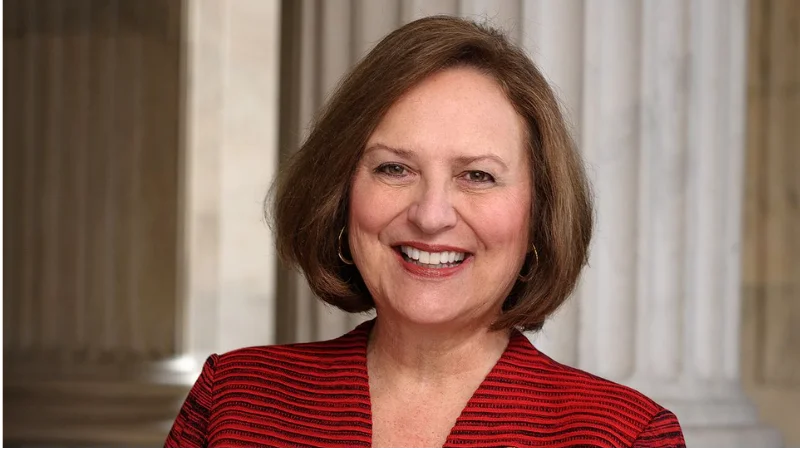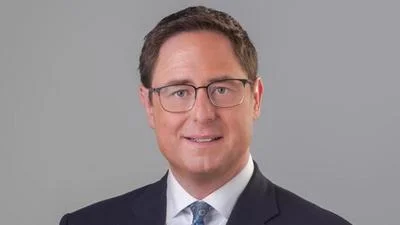Senator Deb Fischer, US Senator for Nebraska | Sen. Deb Fischer Official U.S. Senate headshot
Senator Deb Fischer, US Senator for Nebraska | Sen. Deb Fischer Official U.S. Senate headshot
U.S. Senator Deb Fischer (R-NE) has outlined her approach to government spending, emphasizing a focus on targeted investments for Nebraska and efforts to cut what she describes as wasteful expenditures.
Senator Fischer explained that while there is frequent discussion about reducing government spending, the debate often becomes polarized. She stated, “But to me, cutting frivolous spending has always been about bringing Nebraskans’ hard-earned tax dollars home to support programs that my constituents tell me are most helpful to them and their communities.”
She described the work of the Senate Appropriations Committee as careful and deliberate. “In the Senate Appropriations Committee, we’re not swinging a sledgehammer in our work to bring fiscal sanity back to the appropriations process. We’re using a scalpel as we craft the 12 annual government funding bills — carefully identifying programs that waste taxpayer dollars and cutting them so the money can be put to better use,” Fischer said.
According to Fischer, Congress passed a $9 billion rescissions package in July following voter calls for fiscal responsibility last November. She noted this amount was only a small fraction of the federal budget but represented an initial step toward eliminating projects she considers unnecessary.
Fischer cited specific examples of cuts: “For example, gender diversity initiatives for street lighting in Mexico, an Iraqi version of ‘Sesame Street,’ and wind farms in Ukraine. These cuts were a small but important step toward reducing the reckless spending that has helped push our national debt past $37 trillion.”
She also referenced bipartisan committee action: “Our scalpel approach is exemplified by the Appropriations Committee’s bipartisan vote to rescind more than $11 billion in unspent Internal Revenue Service (IRS) funds from the partisan Inflation Reduction Act passed by the Democrats and signed into law by then-President Biden. This poorly named bill did nothing to reduce the rising prices we saw under the previous administration.”
Fischer argued that reducing waste is only part of her mission; ensuring effective investment in Nebraska remains central. She said, “Since joining the Senate Appropriations Committee, I’ve worked to ensure our state gets its fair share of federal resources, focused on projects that strengthen our communities, modernize our infrastructure, and protect our national security.”
Among local initiatives highlighted were $18 million for health care facility modernization—including support for infectious disease patient transport training at University of Nebraska Medical Center—over $200 million for defense programs at Offutt Air Force Base, more than $18 million for water infrastructure upgrades across several communities including McCook and Gothenburg, over $60 million for road and bridge improvements such as those along Highway 136 in Fairbury and Brown County bridges, and $16 million allocated toward agricultural research at University of Nebraska-Lincoln’s Innovation Campus.
“These are the kinds of investments Nebraskans expect and deserve — targeted, results-oriented projects that deliver value for our state and our nation, not wasteful pet projects that advance a political agenda,” Fischer said.
Looking ahead at legislative priorities when Congress returns before September 30th’s deadline for passing funding bills out of committee, Fischer stated: “Thanks to Republican leadership in the Senate, we will finally be voting on individual appropriations bills — restoring a process that was ignored under Senator Chuck Schumer. That’s how we bring transparency back to spending decisions and ensure every dollar is scrutinized.”
She concluded with her guiding principle: “The path forward is clear: cut waste where we find it, invest wisely in what matters, and always put Nebraska’s interests first. That’s exactly what I’ll keep fighting to do.”


 Alerts Sign-up
Alerts Sign-up